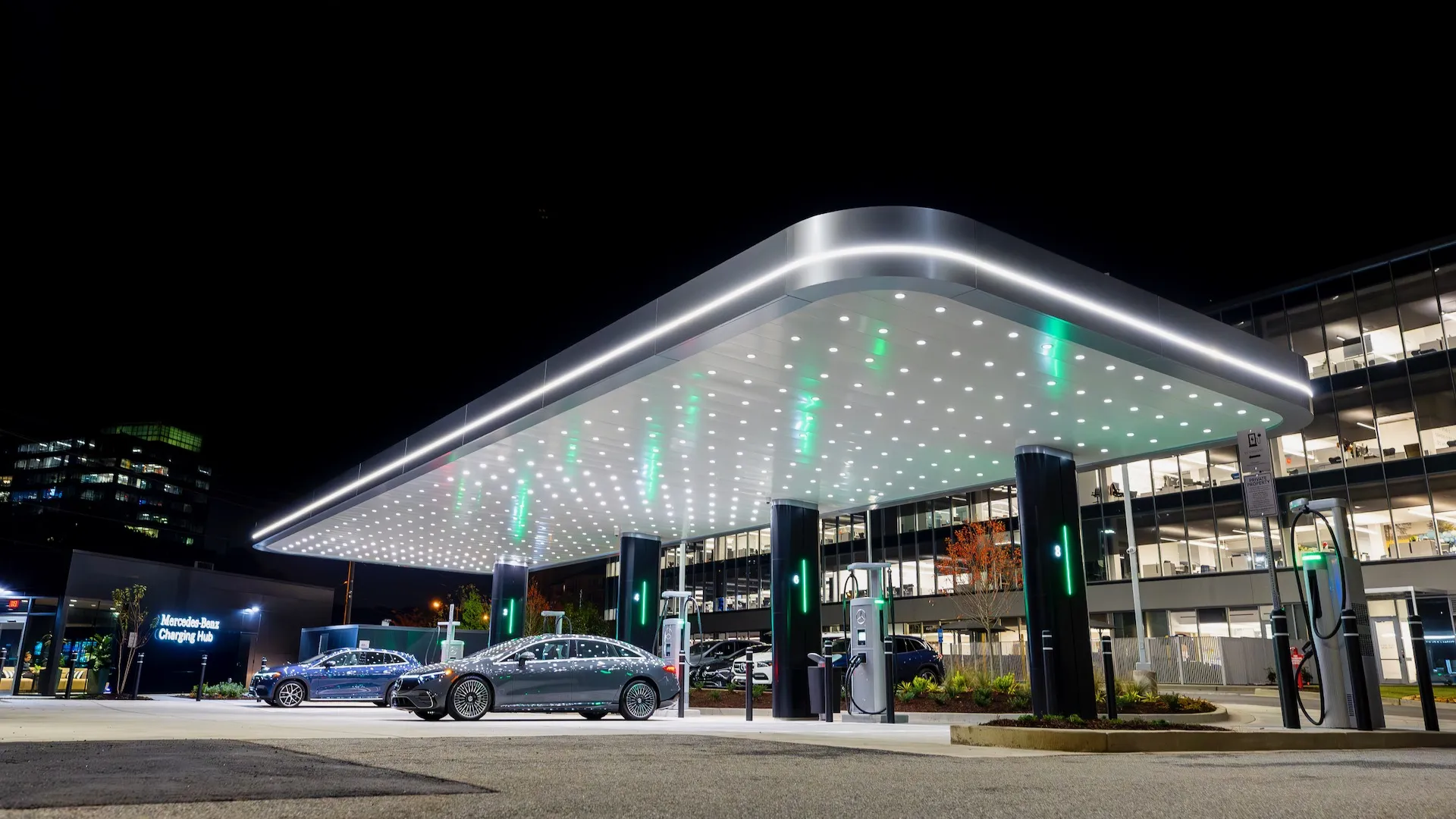The electric vehicle (EV) revolution is gaining momentum in the United States, with an increasing number of Americans considering EVs for their next vehicle purchase. Understanding the demographics behind this shift is crucial for gauging the direction of the automotive industry. According to research by Pew Research, there are five key demographic groups leading the charge for electric vehicles.
Environmental Crusaders: Democrats and Democratic-Leaning Independents

Democrats and Democratic-leaning independents emerge as prominent advocates for electric vehicles. According to recent research, individuals with left-leaning political affiliations are more likely to seriously consider an EV for their next vehicle purchase. This group’s commitment to environmentally conscious choices aligns with the eco-friendly profile of electric vehicles. The data suggests a strong correlation between political beliefs and the likelihood of embracing electric transportation.
Youthful Enthusiasts: Younger Adults Driving Change

Younger adults are at the forefront of the electric vehicle movement. The survey indicates that this demographic group expresses a higher likelihood of considering an EV for their next purchase compared to older age brackets. The appeal of cutting-edge technology, environmental consciousness, and a desire for innovative transportation solutions positions younger adults as key players in the growing electric vehicle market.
Urban Pioneers: City Dwellers Embrace Sustainable Mobility

The urban landscape is becoming a hotbed for electric vehicle adoption. Individuals residing in urban areas are more inclined to consider an EV, reflecting a shift towards sustainable mobility in densely populated environments. The convenience of short commutes, access to charging infrastructure, and a growing awareness of urban pollution contribute to the appeal of electric vehicles among city dwellers.
Early Adopters: Current Hybrid or Electric Vehicle Owners

Perhaps unsurprisingly, individuals who already own a hybrid or electric vehicle are among the most likely to consider another EV for their next purchase. This group serves as the early adopters who have experienced the benefits of electric transportation firsthand. Their positive experiences contribute to a high likelihood of continued EV adoption, emphasizing the importance of cultivating a satisfied customer base in driving future sales
Budget-Conscious Consumers: Those Seeking Savings on Gas

Beyond ideological and lifestyle factors, financial considerations play a significant role in EV adoption. A substantial portion of potential EV buyers is motivated by the prospect of saving money on gas. With electric vehicles offering a cost-effective alternative to traditional gas-powered cars, budget-conscious consumers are increasingly drawn to the economic advantages associated with EV ownership.









